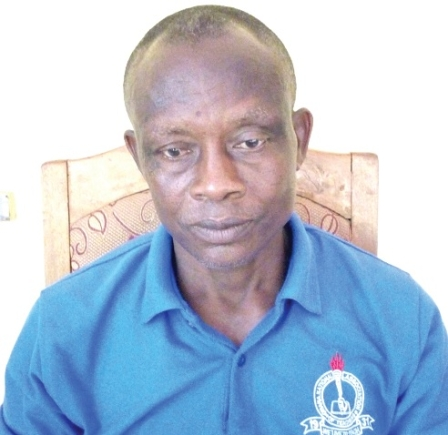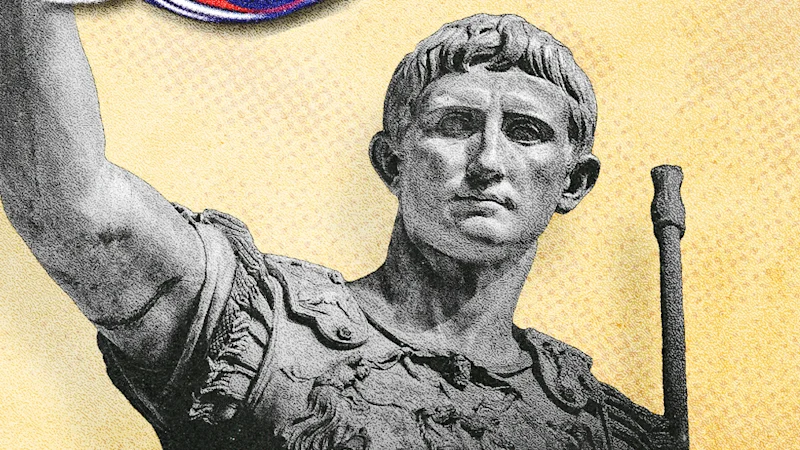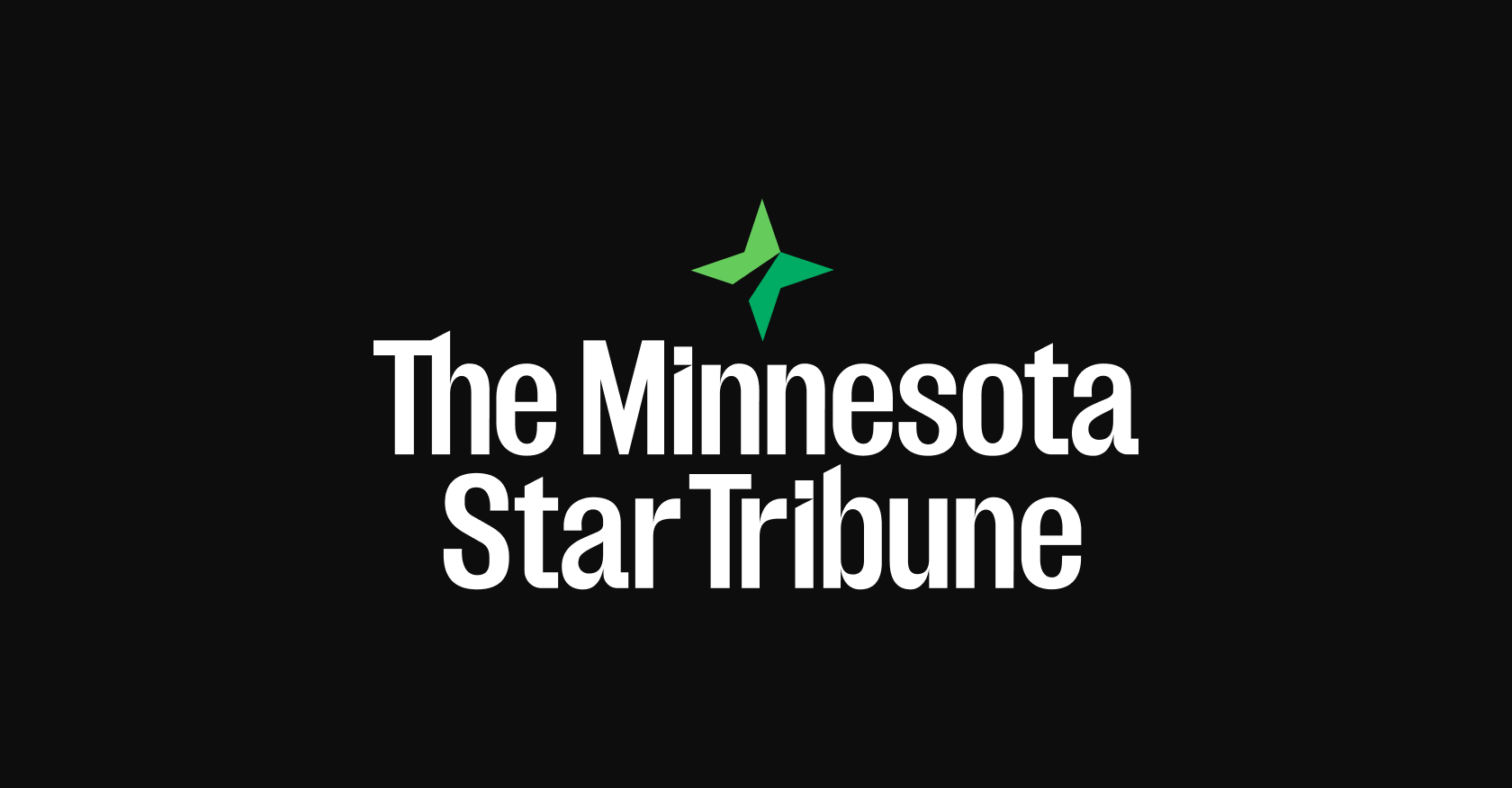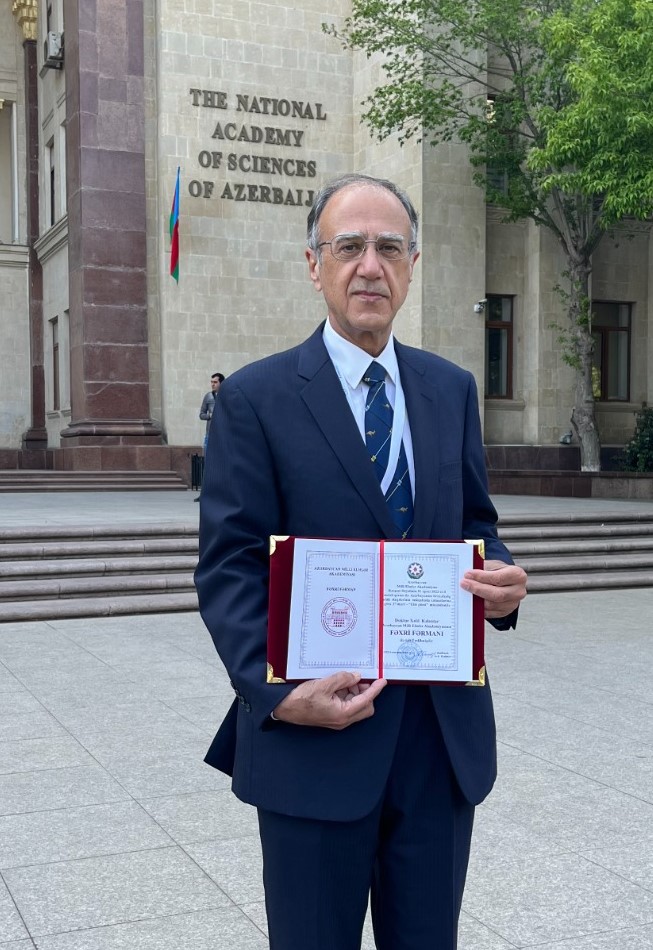Copyright timesnownews
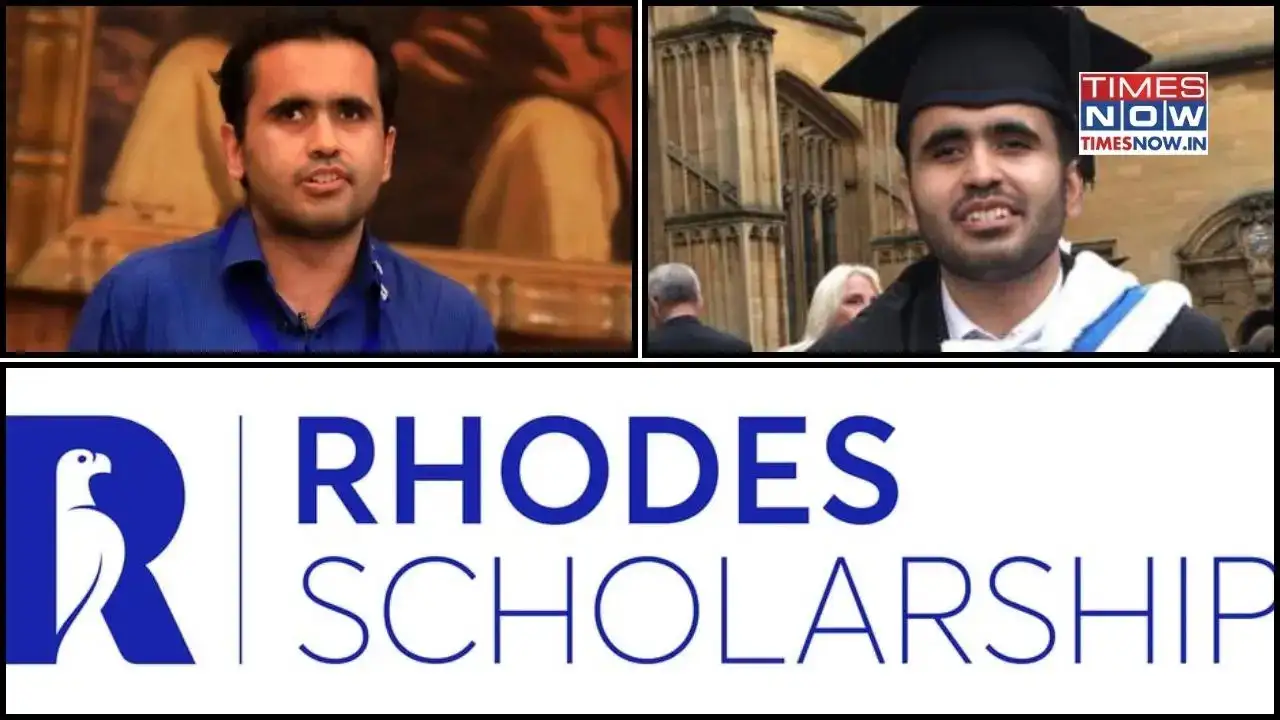
When Rahul Bajaj became India’s first visually impaired Rhodes Scholar, it was not simply a personal win for him, but also served as a win for inclusive education and representation globally. Keeping in mind the responsibility that he has inherited, Bajaj continues to be a strong advocate for disability rights, social justice, and equal opportunity in academia. In a conversation with Times Now Digital, he reflects on his journey that took him from Nagpur to Oxford, the challenges he faced, and the lessons he carries forward. Some excerpts from the conversation... How did you decide to apply for the Rhodes Scholarship? I completed my law degree from Nagpur University. At the time, I honestly didn’t think I stood a chance at a scholarship as prestigious as Rhodes. Looking back, I realise how limiting such beliefs can be. During my undergraduate years, I focused on building a strong academic and extracurricular profile—studying consistently, writing blogs and op-eds, and participating in various conferences. It was a friend of mine, Dhruva Bhat, a Rhodes Scholar from 2016, who encouraged me to apply. His support and belief in my potential gave me the push I needed, and I’m very glad I took his advice. During my time, the application process consisted of a personal statement of 1000 words, a CV, six letters of recommendation and my academic transcripts. Now the number of recommendations has been reduced to four and the personal statement has been divided into an academic statement and a personal statement. Further, there were two rounds of interviews – one technical subject-specific and one general final round. What were some challenges you faced while applying or studying at Oxford? While applying to Oxford, the biggest challenge was to put together a compelling application, given Oxford’s high bar for getting admitted. That is common for all those who apply – but the struggle for each person is different. Someone has to come to terms with having scored low marks in a particular subject; or having gone to a lesser known university and so on. In my case, my university was my biggest weakness, as Oxford had never had someone from that University before. Naturally, therefore, there was going to be some well-founded skepticism as to whether I would be able to cope. I needed to explain the unique circumstances that led to me studying there and to drive home the message that this was not a reflection of lack of academic pedigree. In terms of studying at Oxford, the biggest challenges were, in no particular order: First, figuring out how to blend into the Oxford community, academically and socially. Specifically, the University of Oxford houses thousands of students each year and it can be easy to feel lost and at sea there. Especially if you have not had that kind of an academic environment or experience before. Second, being on top of the voluminous study material which I had to navigate – as in, figuring out what material to prioritize for classes. It is almost impossible to thoroughly read the entire study material prescribed for a particular class – hardly anyone does that. But you need to know enough to be able to contribute intelligently to the deliberations. Further, understanding the concepts and principles that are covered in the material in sufficient depth to not just be able to absorb them but also to evaluate them critically was a key challenge. How did you use your time at Oxford to explore law, disability, and social justice? At Oxford, I had the opportunity to engage deeply with all three areas—law, disability, and social justice. On law, I focused on making the most of the two degrees I pursued. In addition to academic learning, I also engaged in practical experiences—working with the Oxford Pro Bono Publico clinic and undertaking a summer internship through the Bonavero Fellowship programme. On disability, I helped found the Rhodes Disability Project, a forum designed to encourage meaningful conversations around disability inclusion within the Rhodes community. I’m happy to share that the initiative continues to thrive. I also served as the disability representative for the Oxford Union. This role took on special significance as I stepped into it shortly after an incident involving the mistreatment of a blind guest at the Union, which had drawn widespread attention. Additionally, I was a representative for a disability rights campaign within the Oxford Student Union. On social justice, I took two courses during my BCL degree focused on human rights and equality. These courses helped build a strong foundation for the rights-based advocacy work that I continue to pursue today. Did you ever face any form of racism while you were studying abroad? Directly, no. Indirectly, sometimes – it flows from silent but nonetheless judgmental remarks/actions. I must add though that I also join issues with colleagues who make every issue an issue of race and would disagree with them on this count. Did your disability hinder your Rhodes process? I was fortunate in that the selection panel was sensitized to my needs. Illustratively, as I am blind, I cannot see their facial expressions. So I insisted that all their visual feedback be verbalised, to which they agreed. Steps were taken to enable me to mingle with interviewers to the extent possible. Did you find Oxford inclusive and accessible? Overall, my answer would be 'yes, but with some caveats'. Oxford offers excellent academic support - providing accessible soft copy materials and targeted interventions for students with disabilities. At the same time, there is still room for improvement on the non-academic front. While I was fortunate to receive additional support through the Rhodes Scholarship, such as a taxi allowance and a dedicated support worker, I found that broader participation for students with disabilities in mainstream Oxford life could be further strengthened. There have certainly been positive steps, but there's still progress to be made to ensure a fully inclusive environment. The Disability Advisory Service could be more empathetic in identifying and addressing the diverse needs of students with disabilities, while ensuring that students are not made to feel at fault for asking for support. Why did you choose to study abroad instead of in India? chose to study abroad because I wanted to have access to a top class multicultural experience at a top global university and scholarship. In my opinion, for Indian universities to meet top global standards, what they need is to focus on the quality rather than quantity of research. To create an enabling environment for each student to realize her full potential through focused and targeted attention. And, lastly, ensuring that students are driven to excel as opposed to wasting their time in frivolous activities. What helped you the most during your journey? Two things made a significant difference in my journey. First, reminding myself of the purpose and motivation that brought me there in the first place. Holding on to that “why” helped me stay focused, especially during challenging moments. Second, having access to a strong and supportive social network. The encouragement, understanding, and solidarity I received from friends and peers played a crucial role and provided much-needed comfort along the way. What advice would you give to students with disabilities who want to apply for scholarships like Rhodes? Focus on consistently building your strengths. It’s more effective to do a few things well over time than to spread yourself too thin. Don’t assume that prestigious scholarships like the Rhodes are out of reach, if you're committed and willing to put in the effort, they are very much within your grasp. Stay disciplined, remain optimistic, and don’t let setbacks discourage you. Persistence and clarity of purpose can take you a long way. From Nagpur to Oxford, Rahul Bajaj’s journey stands as a reminder that barriers, be it physical or social, can be dismantled with purpose, preparation, and persistence. While some may see his story has just an example of academic success, his journey is about redefining what inclusion truly means in higher education.
